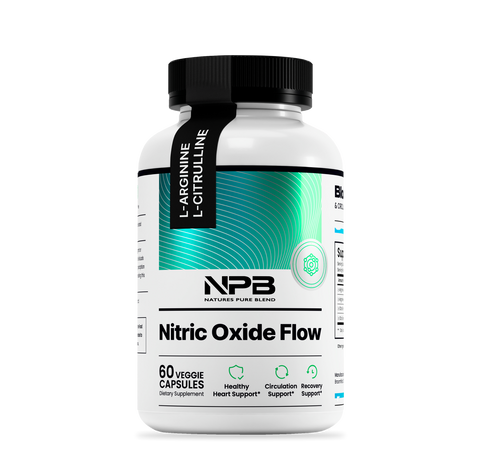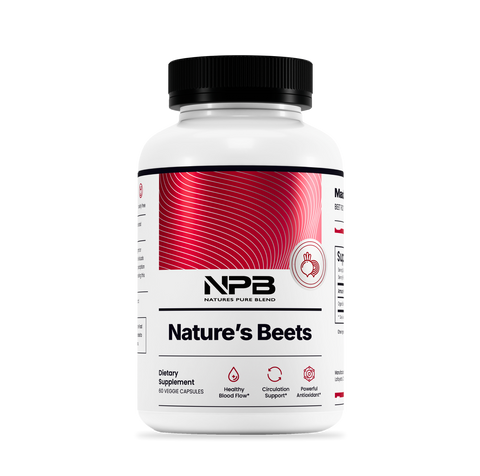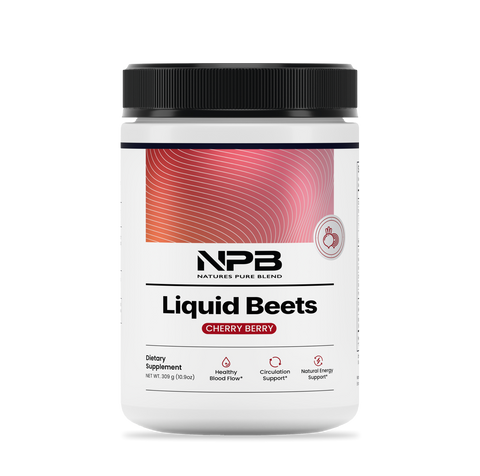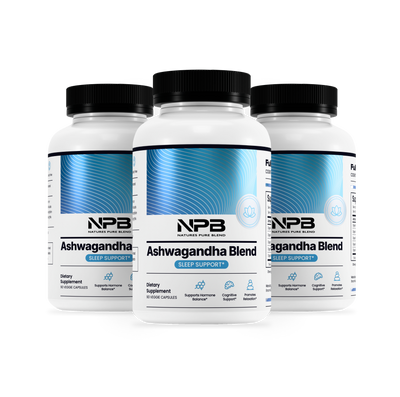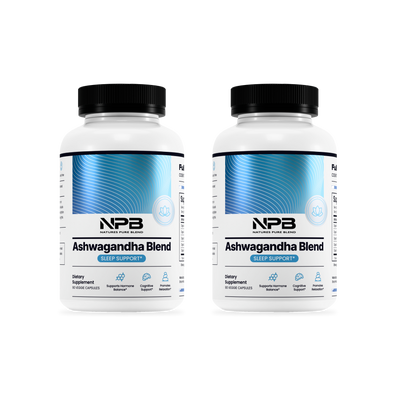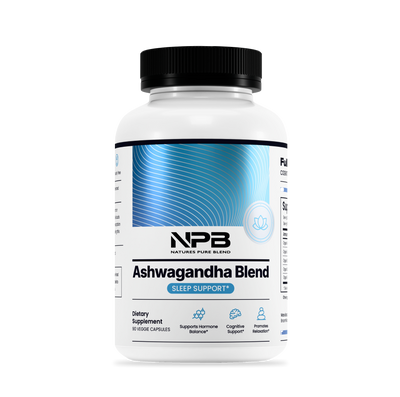Low libido isn’t just a male issue—many women experience it too. According to NIH research, around 70% of women report struggles with low sexual desire.
But low libido isn’t only about sex drive. It can signal deeper changes in your body: disrupted sleep, loss of muscle and bone strength, unexpected weight gain, mood swings, heart strain, fertility concerns, and even declines in focus or memory.
Often, these issues trace back to nutrient deficiencies. Your libido depends on proper hormone balance, energy levels, and nerve signaling—all of which rely on the right nutrients. If one or more nutrients are lacking, your desire can drop and other systems in your body may be affected.
Here are eight nutrient deficiencies commonly associated with low female libido and why they matter:
1. Zinc
Zinc plays a key role in hormone production, including estrogen and progesterone. Low zinc can reduce sexual desire and energy, as well as impair reproductive health. [1], [2]
2. Magnesium
This mineral helps regulate cortisol, the stress hormone. Without enough magnesium, stress increases, which can dampen libido and affect mood and sleep quality. [3], [4]
3. Vitamin D
Vitamin D is critical for hormone balance and nerve function. Low levels are linked to fatigue, mood swings, and reduced sexual desire. [5]
4. Iron
Iron deficiency can cause anemia, leaving you feeling exhausted and weak. Fatigue and low energy often translate into reduced interest in intimacy. [6]
5. Vitamin B12
B12 supports nerve function and energy production. Low B12 can result in fatigue, irritability, and lower sexual responsiveness. [7]
6. Omega-3 Fatty Acids
Omega-3s help maintain blood flow and support hormone production. Insufficient intake can reduce sensitivity and responsiveness in key areas. [8]
7. Folate (Vitamin B9)
Folate contributes to neurotransmitter production, which influences mood and sexual function. Deficiency may result in low energy, mood swings, and decreased desire. [9]
8. Vitamin E
Known as the “sex vitamin,” vitamin E supports hormone regulation and reproductive health. Low levels may affect libido and overall sexual wellness. [10]
Conclusion: Nourish Your Libido from Within
Low libido is rarely just a standalone problem—it often signals imbalances elsewhere in the body. Many of these imbalances can be addressed through proper nutrition. Ensuring you get enough of these eight nutrients helps support hormone balance, energy, mood, and circulation—all key contributors to healthy sexual desire.
Start by reviewing your diet and identifying any nutrient gaps. Incorporating nutrient-rich foods, or considering supplementation when necessary, can restore energy, enhance mood, and support a stronger libido.
Your body’s vitality starts at the cellular level. When you nourish it with the right nutrients, you’re not just supporting your libido—you’re supporting your overall health, energy, and well-being.
